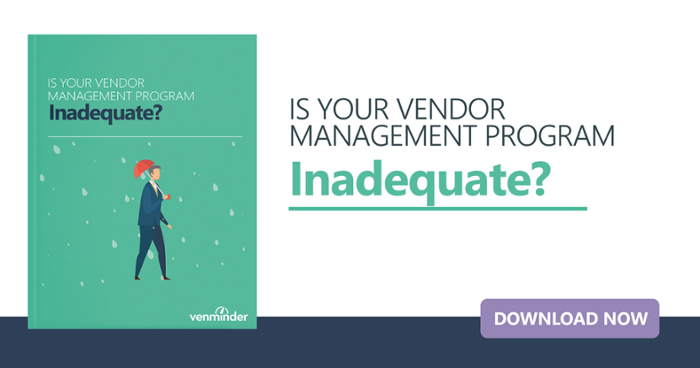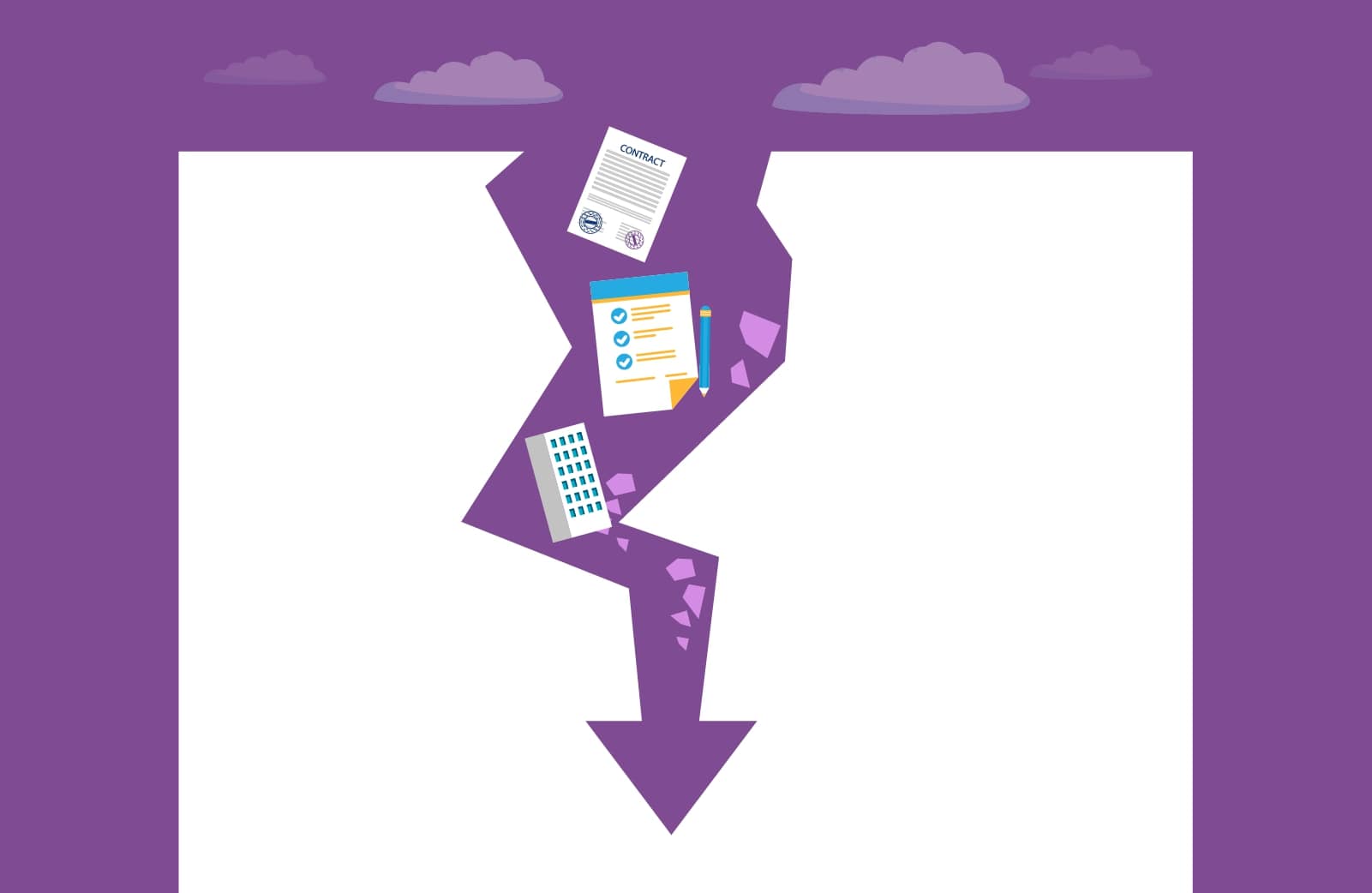I spent 28 years in banking. While I was exclusively a banker, I dealt with a wide range of industries — particularly in my MBNA America days when I helped to manage our operations centers as well as our consumer finance and business lending areas. As I moved further into risk management and compliance, in the latter portions of my banking career, I realized how often (and how easy) it is to overlook risk.
Why Due Diligence Is Necessary for All Risk Levels
Here’s the reality. Low inherent risk doesn’t excuse us from due diligence.
Yes, there’s inherent risk in outsourcing nearly every kind of business activity. We all worry about our core processors. We worry about what happens if our marketing company messes up (hello UDAAP, my old friend). That’s natural. After all, these are the folks making up the backbone of our existence. But what about our other vendors?
While we tend to know exactly who our critical vendors are, it’s easy to overlook other, less critical third parties that really still need to be on our radar. Think of your landlord. Do they have unescorted after-hours access to your facility? Do you know their hiring practices and background checks? What about the cleaning crew? These are often vendors we don’t consider to be essential but still carry risk that could critically impact our organization.
Non-critical does NOT mean low risk.
Remember, non-critical does not inherently mean low risk. Many of us are connected with plenty of non-critical vendors who still carry a high risk. Think about a shred company. I’ve seen this type of vendor overlooked so many times. You can get practically anyone to shred your documents, but do you really want “just anyone” rolling your most sensitive information out the door?
Shred companies are probably one of the best examples of a non-critical, yet high-risk vendor I would personally want as much information as possible around. This means reviewing everything around their hiring practices, background checks, as well as detailed information about their security procedures. I might even follow them out the door now and again to make sure there’s no dumpster diving going on. Am I a little crazy and perhaps a bit paranoid? Yes, probably. But in this line of work, I think you need to be. Remember, that’s your customer data in someone else’s hands.
You can’t afford to overlook risk — even the most innocuous things can endanger your data. Don’t forget: The Target breach was caused by a contractor for an HVAC company they were actively using. Does anyone remember the HVAC contractor? Nope, but everyone remembers Target. The hard truth is that reputational hits can be even worse than financial hits when there is a vendor data breach. (Just ask Wells Fargo, in more recent years!)
And, there's the huge Marriot breach of 2018. A subsidiary of the hotel chain was compromised, exposing 327 million records. Hacks can happen in any industry and we all need to remain vigilant. Everyone wants our data – we all need to work to protect it.
An ounce of prevention is worth a pound of cure — so, take the time to review your lists of vendors and be sure you haven’t let anyone fall through the cracks. I promise it’s well worth the effort.
Do you know the signs of an inadequate vendor management program? Download this eBook.







